
Knowing how to segment a market is an old marketing trick that makes it easier to appeal to certain groups of customers. Of course, to provide market segment examples, we must first look at what we mean by market segmentation.
And that’s exactly what we’ll look at below. We’ll look at an overall definition, the benefits of market segmentation, and then 5 main types with examples.

What is Market Segmentation?
A company’s potential customers are its target market. However, people have different needs, even for the same product. Knowing how to offer the product to different people in an appealing way involves market segmentation.
In short, deciding to segment a market means breaking your potential customers down into smaller groups. As part of the segment market definition, it’s important to understand that people often belong to more than one segment.
For example, a 35 year-old woman could be segmented based on her age and gender. A company’s goals will influence the segmentation strategies (and segments) it decides to use.
Benefits of Market Segmentation
There are numerous benefits to deciding to segment a market. These include:
- Greater clarity. You’ll be more aware of exactly who your customers are.
- Improved communication. Market segmentation makes it easier to be more personal in your communications.
- Better customer insight. Companies will have a clearer picture of who’s using its products, and why.
- Cost-effective marketing. Having market segments means more targeted advertising, which has a better ROI than broad marketing efforts.
- Increased customer loyalty. Customers will feel more loyal towards a brand that appears to “know” them and what they like.
Although companies will have different goals in mind when it comes to market segmentation, all goals lead back to the benefits mentioned here.

Five types of Market Segmentation
Now that we have a better picture of market segmentation, we can look at some important types. Below are definitions along with market segment examples to help you understand them better.
1. Demographic Segmentation
Demographics are statistical categories. These include (among others) age, gender, income level, education, occupation, relationship status, and more.
This type of segmentation works on the understanding that people in similar situations will want similar things. While this is quite broad logic, it works for companies that don’t need to segment a market too heavily.
One of the best market segment examples for this is Coca Cola. Its main demographics are gender and age, as it advertises to younger people and produces different products for men and women. Specifically, Diet Coke was long marketed as the “women’s drink”.
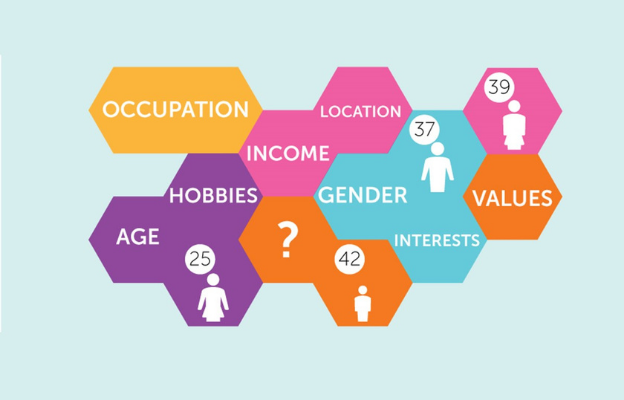
2. Psychographic Segmentation
Psychographic segmentation uses the same logic but divides people based on things like interests, personality, opinions, social status, and more. It’s useful because it can help companies understand the motivations behind why people want a product.
A good market segment example would be a furniture and décor company that uses recycled materials in its products. It would use psychographic segmentation to market to eco-conscious consumers who want to make less of an impact with their choices.
3. Behavioral Segmentation
Behavioral segmentation isn’t too dissimilar to psychographic. However, it looks mainly at consumer behaviors related to buying and using a product. It might track a customer through the buying process, investigate their usage rate, or look at their brand loyalty.
Good market segment examples for this would be restaurants. By offering different menus at lunch and dinner, they could look at how time of day and customer demographics affect the popularity of certain dishes.
4. Geographic Segmentation
While no market segments have been complicated to understand, geographic segmentation is probably the easiest. As the name implies, it groups people based on where they live or work.
It works best for small or local businesses. For example, a plumber based in Chicago could use geographic segmentation to target local residents on social media or through SEO keywords on their website.
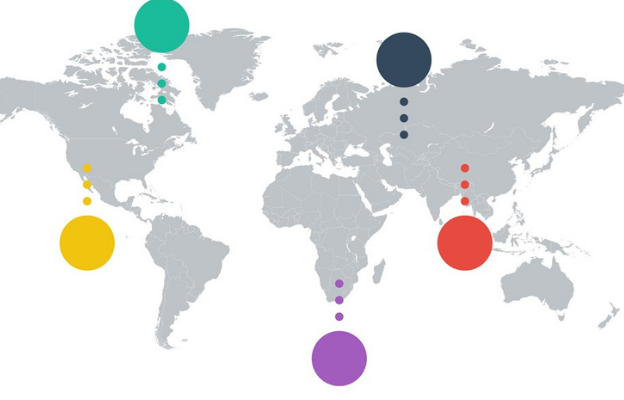
5. Firmographic Segmentation
Firmographic segmentation is essentially demographic segmentation, but for businesses. A B2B company can use data to identify and market to businesses instead of directly to customers. Some data sets include size and number of employees, years in business, market size, and more.
One of the better market segment examples for this would be a box-making company. Everyone needs boxes, but the company could use firmographic segmentation to target companies that sell apparel through the mail. They need boxes of a certain size, meaning they can be identified using their product offering.
How to Conduct Your Own Market Segmentation
As you could probably tell from the segment market definition, all this relies on data. So, knowing how to segment a market involves getting data and then doing something with it.
Here are the rough steps to doing market segmentation for your business.
1. Study Your Market
Look at who buys your products and see if you can gather information about them. For example, areas of residence, age, gender, and so on.
2. Choose the Right Kind of Segmentation
Once you have data, use it to decide on the right kind of market segmentation. Remember, people will fit into more than one segment, but it’s important to know which segment is the most appropriate.
3. Do Market Research
This should be a no-brainer. After seeing which segments work best for you, see what competitors are doing. Are they targeting different segments? If so, consider why.

4. Categorize and Develop
Next, categorize your market segments and develop unique personas for each. Doing so will help you figure out how you’ll market to them.
5. Create a Marketing Strategy
Finally, use these personas and market segments to come up with specific marketing strategies for each. You can then test and refine once they’re live.
Use Textr to Help with Market Segmentation
As mentioned, knowing how to segment a market requires data. For this, Textr could be your best friend. You can manage your customer relationships from the web portal, including SMS campaigns, two-way conversations and customer categories.
There’s also a group messaging feature for team collaboration, and you can run it across iOS, Android, and the web.
Textr’s Phone Validator free tool is valuable for getting the right customer numbers before you even start. So, if you’re getting started with market segmentation, let Textr help you out.
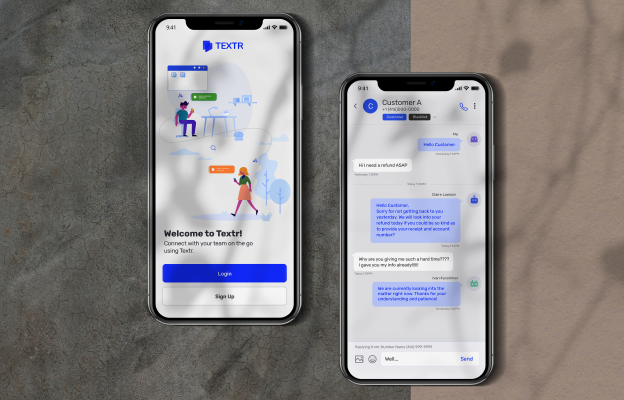
Share this article
Start texting your customers now with Textr
Connect with your customers whenever, wherever with business texting.
Related Articles

Novel AI: How Can It Improve Your Business Writing
Although AI is still in its infancy, it’s starting to help generate lyrics, generate words from letters, and other forms of writing. It has the potential to help with various areas of business marketing, especially if you need to save time with writing documents…
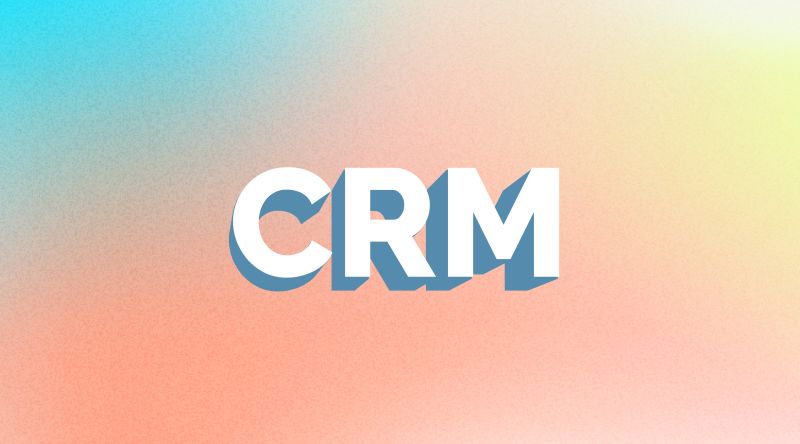
Get CRM Software to Improve Your Business
CRM software is a valuable tool for improving customer relations and making businesses more streamlined. Of course, choosing the best CRM platform takes some thought, as you don’t want something that weighs your teams down…
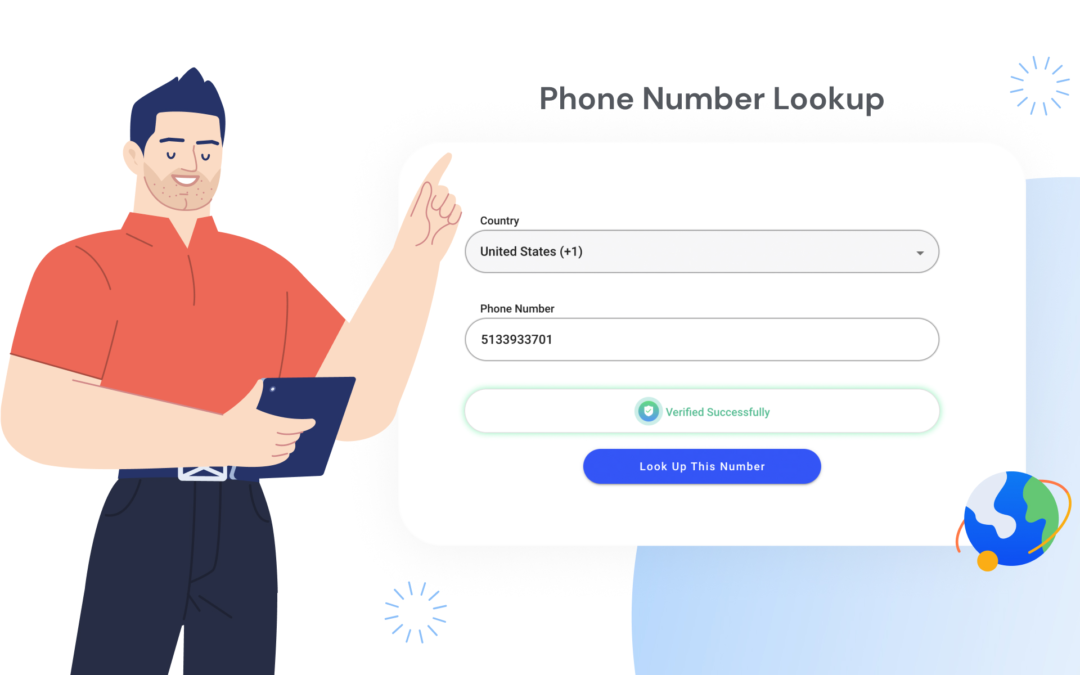
Everything About Free Phone Number Lookup Tools
Having a phone number looking up tool is useful for those times you get unexpected unknown numbers calling you. But some services are more reliable than others, as they’re dependent on how much information is actually available about the phone number…
Using Textr Apps Now
Available on iOS, Android and as a web app. Try for free with a US or CA phone number.